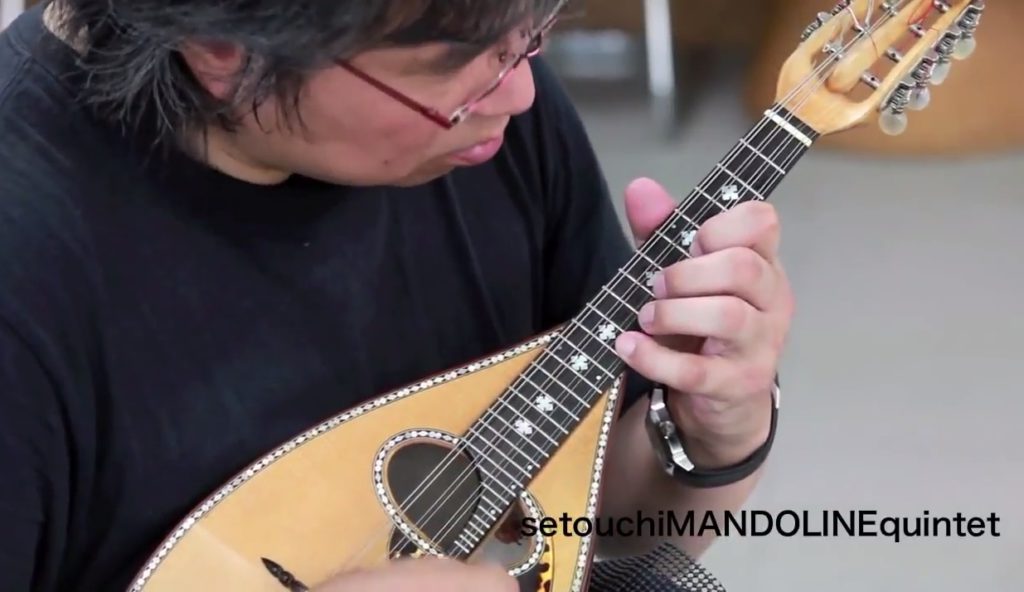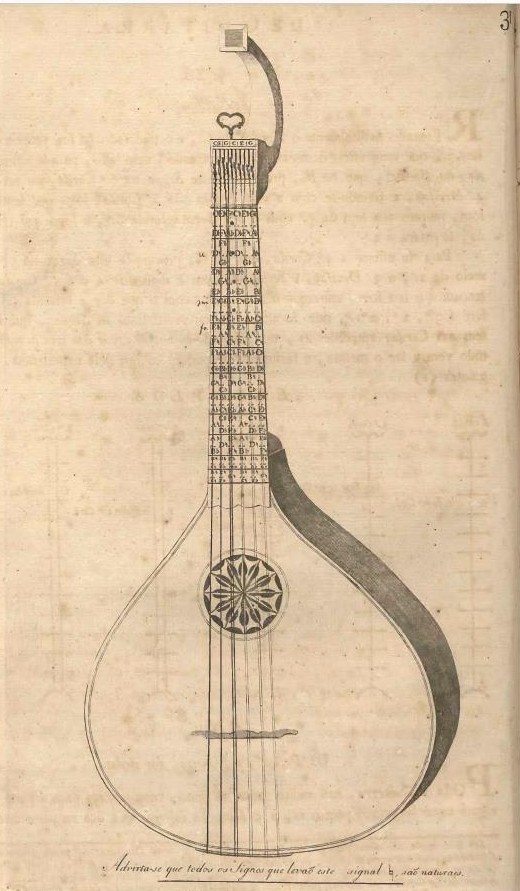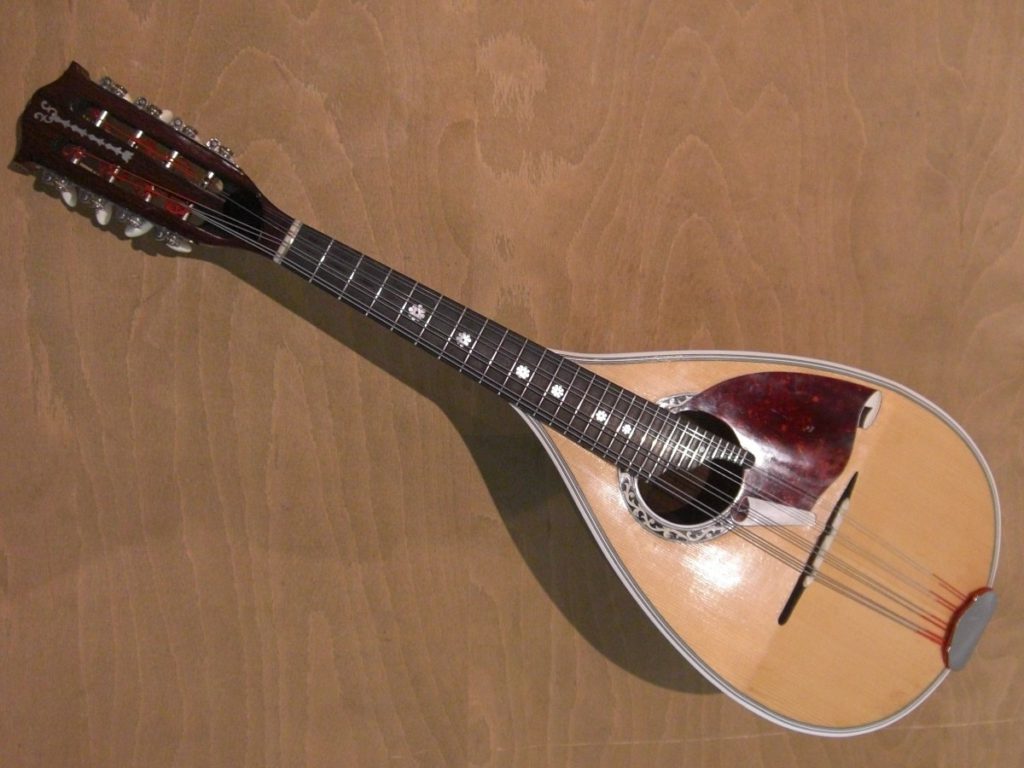Once again I have found some fantastic videos from Japan. This time the Setouchi Mandolinenquintett plays music from the 18th century, but also some Irish music. Thous videos were made during the preparation for a trip to the Korea Mandolin Festival.
- Mandolins: Miyatake Shiyougo, Wakiya Kazuyo
- Mandola: 穏 香 Tominaga
- Guitar: Miyatake Tizuko
- Mandoloncello: Itsumi Umeda.
V · Roeser / Sonate Nr. 06 (first movement)
V · Roeser / Sonate Nr. 6 (3rd movement)
Leopold Mozart / Für Wolfgang – Suite Nr. VIII d-Moll (1762) in five movements, second movement: Fantasia
Leopold Mozart / Für Wolfgang, fifth movement, Murki (or french: Mourqui)
(what is a murki – see below)
Irish Folk Song / Brian Boru’s March
More videos of Valentin Roeser Sonata
- Sonata VI – Primer Tiempo, de Valentín Roeser
- Sonata VI – Segundo Tiempo, de Valentín Roeser
- Sonata VI – Tercer Tiempo, de Valentín Roeser
Additional information
Leopold Mozart – Album for Wolfgang: http://www.klavier-noten.com/leopold-mozart/
youtube channel with those and more videos: http://www.youtube.com/user/MANNO7000 und http://twitter.com/abcx19/
Sheetmusic for Brian Boru’s March (melody): http://breizhpartitions.free.fr/de/partitur_download.php/75_Brian_Boru%E2%80%99s_March
What is a Mourqui (Murki)?: http://www.mudcat.org/thread.cfm?threadid=54303
A more explicit definition can be found in the Grimm Bros.’ famous German dictionary:
MURKI, n. kurze muntere tanzweise,
Murki n[euter]. short lively dancing tune,
bei der der basz durchgehend aus gebrochenen octaven besteht.
whose bass part entirely consists of broken octavoes.
im ersten drittel des 18. jahrh. einem offenbar bäerlichen tanze aus Süddeutschland entlehnt,
in the 1st third of the 18th cent. borrrowed from an obviously rustic dance,
häufig komponiert,
composed frequently,
und noch lange nachher literarisch bezeugt:
and for a long time after testified in literature:
Wikipedia about Leopold Mozart: http://en.wikipedia.org/wiki/Leopold_Mozart (Engl.) and http://de.wikipedia.org/wiki/Leopold_Mozart (German)
Valentin Roeser (from http://www.ottohaas-music.com/41-2catalogue.html)
Not in RISM; not in MGG/2. The very rare first French edition. Valentin Roeser (c. 1735 – c. 1782) was a clarinettist of German birth; he lived in Paris from c. 1754 and was appointed to the services of the Prince of Monaco before 1762. In 1769 he became a musician to the Duke of Orléans. He was a prolific composer and arranger and translated, in addition to Leopold’s method, other works by German theorists such as Marpurg into French and thus contributed to the spread of works by his compatriots. Barry S. Brook, who dates our edition to 1770, must be corrected on the basis of Devriès-Lesure, who note that the engraver quoted on the title-page, Ribart, worked only in 1769.
This post in German:



